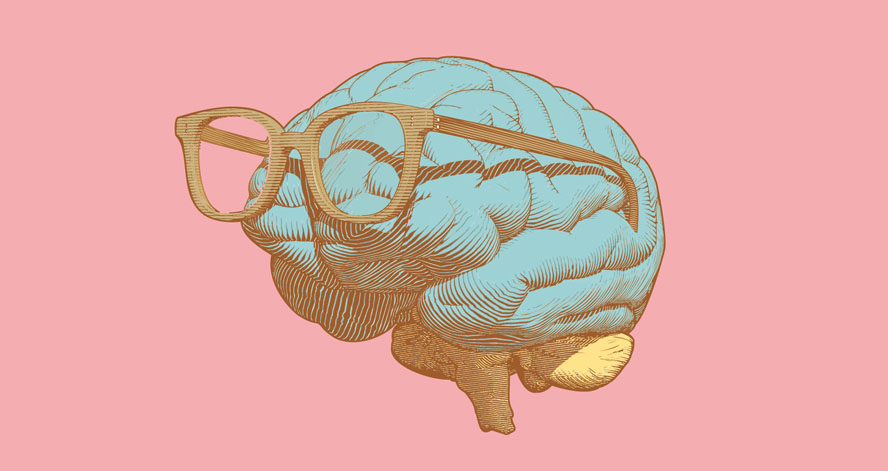Anyone who has tried to learn a new language as an adult knows how hard it can be.
And usually the ability to comprehend someone else comes before the capacity for speaking the new tongue.
Cognitive neuroscientist Kshipra Gurunandan suspected that, as we learn, the relative ease of comprehension might be explained by changes in the area of the brain that processes language.
It's been known since the 1800s that, for most people, the left hemisphere of the brain is essential for language.
"However, in more recent times, we've started to realize that it's not quite that simple."

For example, when people suffer brain injuries to the left hemisphere, the right hemisphere can take over language tasks. That flexibility suggests that language is not the exclusive domain of the left hemisphere.
To find out if the two sides of the brain process comprehension and speech differently during language learning, Gurunandan and her team scanned the brains of Spanish-speaking volunteers who were learning either Basque or English.
The researchers found that speaking primarily activated language regions in the left side of the brain no matter how advanced the language learner was. But reading and listening comprehension were much more variable.
"While in comprehension, you have the auditory system and the visual system, which are more bilateral—and it's possible that is why comprehension is more bilateral in the brain."
Learning a new language will always be challenging, but Gurunandan says you shouldn't let that stop you. As long as you maintain your joie de vivre.